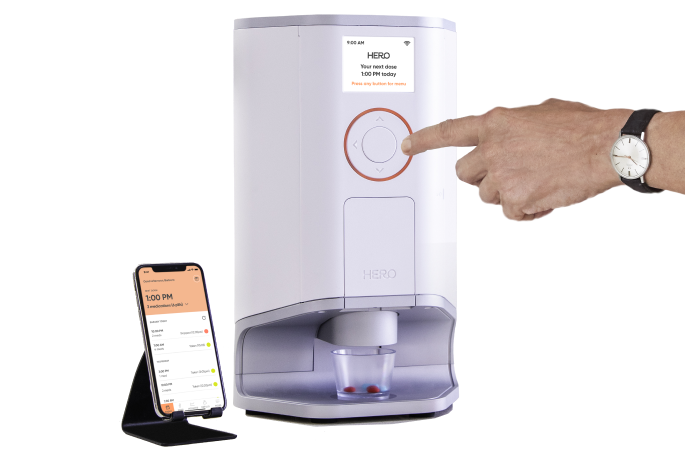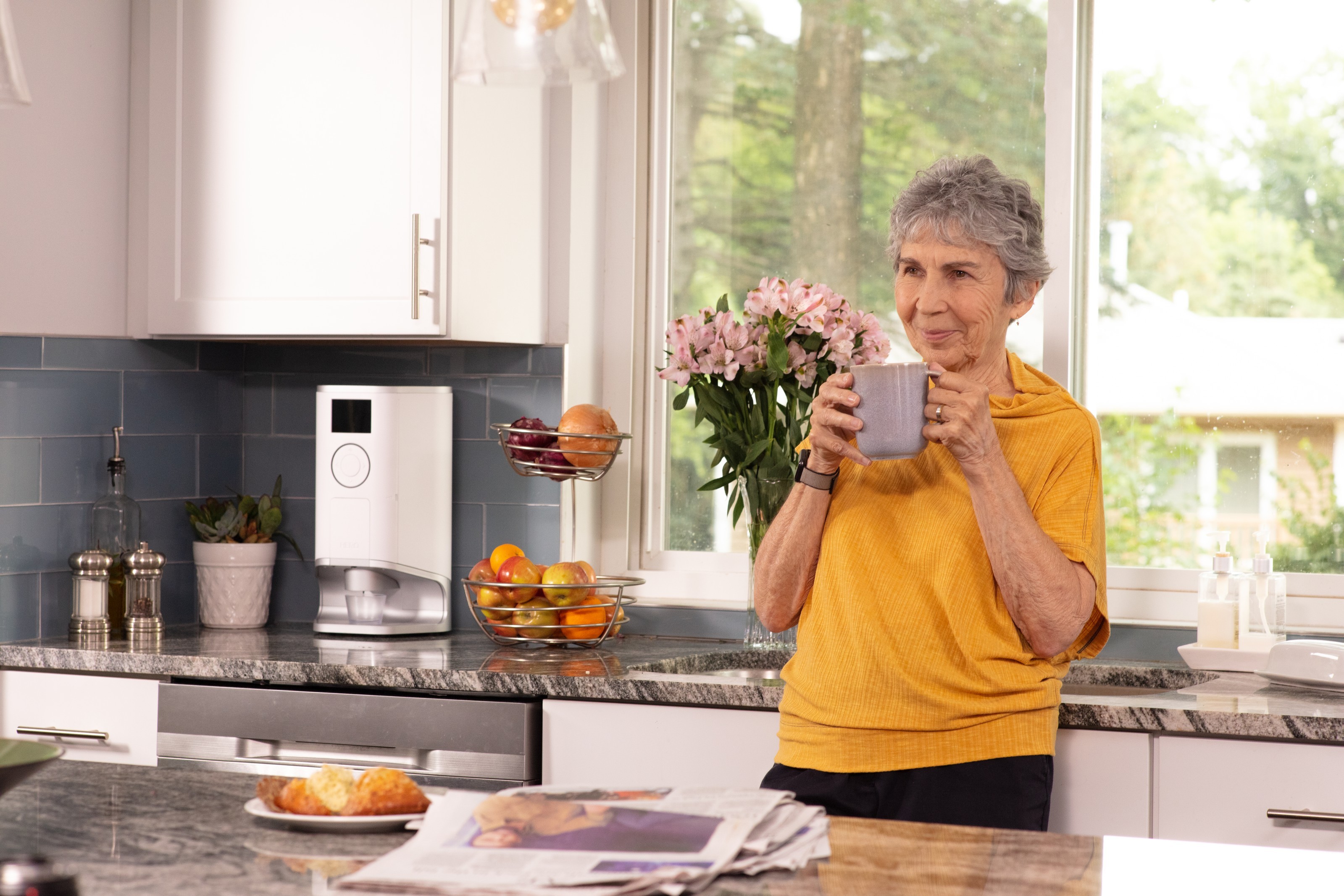Caring for Aging Parents: Set Up Medication Management Routine Before It’s Urgent

For many adult children, the journey into caregiving and medication management for their parents begins quietly. A few reminders here and there. A pharmacy run during lunch break. A calendar alert that says, "Check on Dad's blood pressure meds." But over time, those reminders turn into routines. Routines become responsibilities. And soon, you're managing prescriptions, refills, and dosing schedules from three states away, wondering when things got so complicated.
What if you could stay ahead of the overwhelm?
There are ways to be proactive and stay ahead—especially if you start before there's a crisis.
Delaying Action Can Increase Health Risks and Caregiver Stress
Caregivers often wait until things go sideways before stepping in. But when older adults skip doses, mix up meds, or resist taking them altogether, the consequences can be serious. According to the National Institute on Aging, medication errors can lead to falls, ER visits, and preventable hospitalizations.
And the risks increase with every new prescription. Many older adults take 10 or more medications a day. Combine that with memory decline, changing dosages, and multiple doctors, and you have a recipe for confusion.
Online threads and caregiver forums are full of stories like these:
- "Mom swears she already took her pills... but the dose is still sitting in the box."
- "Dad hides his meds because he doesn’t like how they make him feel."
- "I call my parents three times a day just to make sure they’re taking what they should."
If any of this sounds familiar, you're not alone. And you don't have to wait for a scare to get help.
5 Smart Steps to Help Parents Manage Medications
Even small changes can make a big difference. These evidence-backed strategies can reduce stress, missed doses, and burnout—for you and your parents.
- Create a complete, current med list. Use a shared spreadsheet or app to track prescriptions, OTC meds, and supplements. Bring it to every appointment. The NIH recommends this as a first line of defense.
- Book an annual medication review. Ask a primary care provider or pharmacist to review all medications and suggest deprescribing where possible. This is a CMS-supported measure in Medicare plans.
- Simplify where you can. Whenever possible, ask doctors to consolidate meds into once-daily or combination pills. This approach reduces pill burden and improves adherence.
- Tie meds to a familiar routine. Encourage your parents to take pills with coffee or after their favorite show. Positive reinforcement (not scolding) works best, especially for those with early cognitive decline.
- Get support—for you. Caregivers who join peer groups or online forums report 15% less stress in just 9 weeks. Your health matters, too.
Tools That Help Without Hovering
Technology doesn’t replace care—but it can reduce your load. Community caregivers often recommend:
- Pillboxes that lock and sound alerts
- Blister-packaging from pharmacies
- Reminder apps that text you if a dose is missed
- A smart pill dispenser—such as the Hero Smart Pill Dispenser—can lift much of the daily burden. Hero is a smart pill dispenser paired with a connected app and 24/7 live support. It sorts, dispenses, and tracks up to 10 medications, alerts you if doses are missed, and even notifies caregivers when supplies run low. Many caregivers say it gives them peace of mind—especially from a distance.
And if you're wondering about cost, here's how Hero may be covered through insurance or reimbursement.
Don’t Overlook RTM: A Medicare-covered Program
Remote Therapeutic Monitoring (RTM) is a Medicare-covered program that allows clinicians to monitor medication adherence using digital platfroms—like Hero.
Visit Hero’s RTM provider directory to check eligibility and find a healthcare provider that serves your area.
RTM means you're no longer the only one keeping track—clinicians can help share the load.
Start Sooner, Stress Less
Supporting aging parents doesn’t have to mean sleepless nights and spreadsheet fatigue. The earlier you build a plan, the more control you gain.
Start with one step. A list. A conversation. A tool that helps.
The goal isn’t perfection. It’s peace of mind—for them and for you.
Complex med schedule? We solved it.
Hero’s smart dispenser reminds you to take your meds and dispenses the right dose, at the right time.

The contents of the above article are for informational and educational purposes only. The article is not intended to be a substitute for professional medical advice, diagnosis, or treatment. Always seek the advice of your physician or other qualified clinician with any questions you may have regarding a medical condition or its treatment and do not disregard professional medical advice or delay seeking it because of information published by us. Hero is indicated for medication dispensing for general use and not for patients with any specific disease or condition. Any reference to specific conditions are for informational purposes only and are not indications for use of the device.



